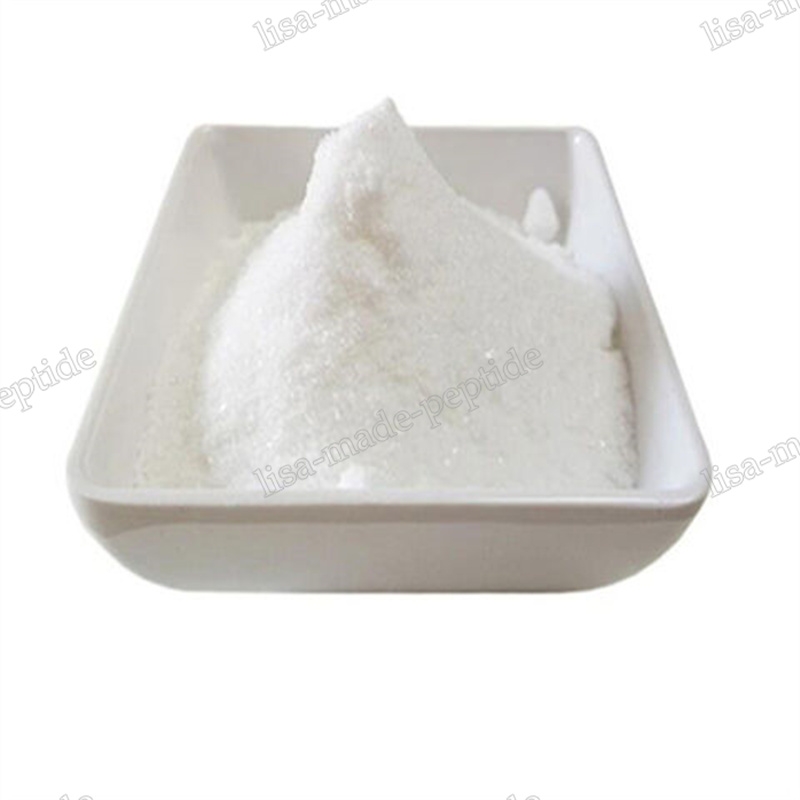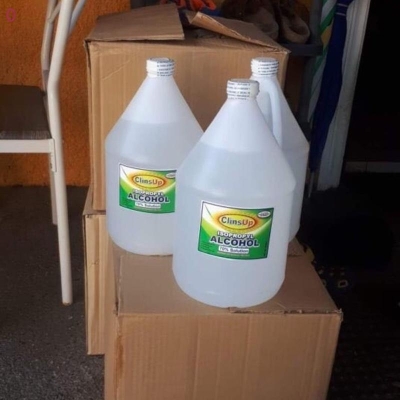-
Categories
-
Pharmaceutical Intermediates
-
Active Pharmaceutical Ingredients
-
Food Additives
- Industrial Coatings
- Agrochemicals
- Dyes and Pigments
- Surfactant
- Flavors and Fragrances
- Chemical Reagents
- Catalyst and Auxiliary
- Natural Products
- Inorganic Chemistry
-
Organic Chemistry
-
Biochemical Engineering
- Analytical Chemistry
-
Cosmetic Ingredient
- Water Treatment Chemical
-
Pharmaceutical Intermediates
Promotion
ECHEMI Mall
Wholesale
Weekly Price
Exhibition
News
-
Trade Service
Recently, the Ministry of Industry and Information Technology, the National Development and Reform Commission and other six ministries and commissions jointly issued an implementation plan for the recycling of industrial wastewater.
The utilization rate has been further improved, and the water consumption per 10,000 yuan of industrial added value has dropped by 16% compared with 2020, basically forming a new pattern of efficient recycling of wastewater from the main water-using industries
.
In the petrochemical and chemical industry, the reuse rate of industrial water in 2020 is 93%
.
The plan requires that the reuse rate be greater than 94% by 2025
.
In terms of the improvement of wastewater recycling, the petrochemical industry has strengthened the control of water intensity, and conducted water audits and water balances in key water sub-sectors such as oil refining, modern coal chemical industry, olefins, aromatics, methanol, fertilizers, chlor-alkali, soda ash, sulfuric acid, and coatings in an orderly manner.
Testing and water-saving diagnosis work, releasing the water efficiency "leader" indicators of key products, and promoting water efficiency benchmarking and water-saving technological transformation of key water-using enterprises
.
Encourage qualified parks to implement "classified collection, quality treatment, one enterprise and one management, open pipe transportation, and real-time monitoring" of chemical enterprise wastewater
.
Vigorously promote the application of advanced equipment and technologies for wastewater recycling, such as electrochemical circulating water treatment, high-concentration organic wastewater treatment and reuse, water pipe network leakage detection, and smart water management and control systems, to reduce wastewater discharge
.
The key core technology research direction, the petrochemical chemical industry has made breakthroughs in the deep degreasing and pretreatment of coal chemical phenol and ammonia wastewater and the recycling of tar resources, the simultaneous degreasing and turbidity recycling treatment of coal chemical production wastewater, the turbidity cycle in the modern coal chemical industry, and the swirl/centrifugation.
Separation-crystallization purification wastewater resource treatment, high-salt wastewater elemental salt separation, high-salt organic wastewater desalination and concentration evaporation, salt-containing wastewater catalytic wet oxidation treatment technology, high-efficiency stripping and resource utilization of ammonia-containing wastewater, thermal film coupling high-concentration Key core technologies such as salt wastewater recycling, low-energy biofilm treatment technology, low-cost membrane-based industrial wastewater recycling, and advanced anaerobic biological treatment of wastewater
.







